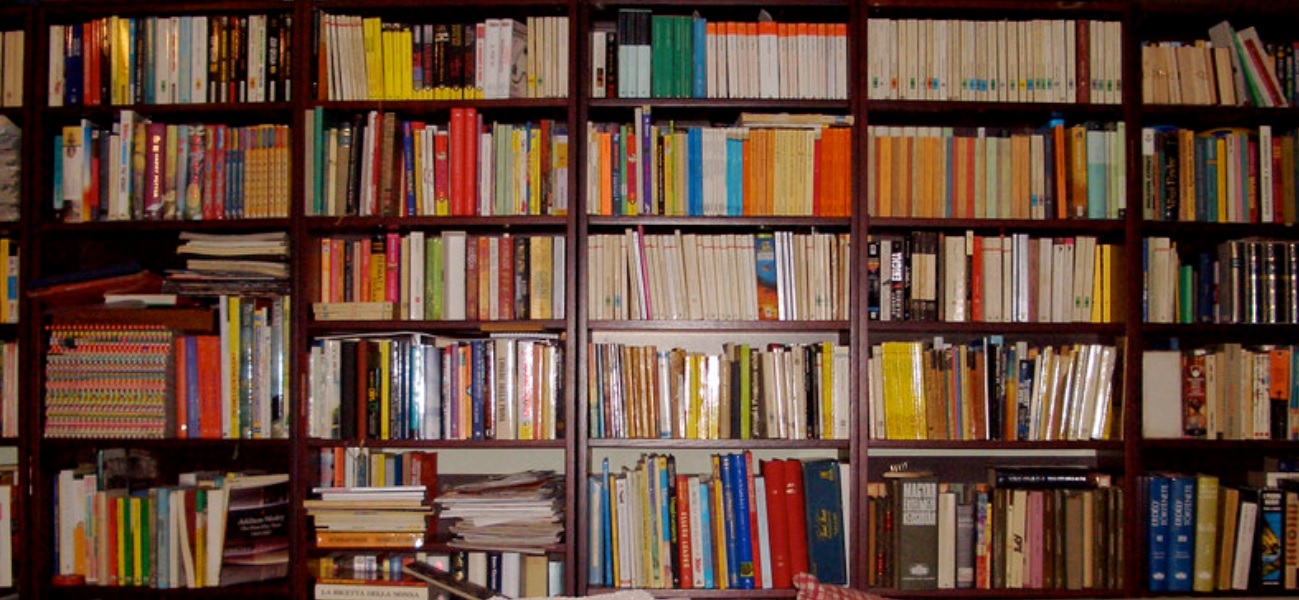Books had a social function in 18th century homes, according to new research from Oxford University.
Abigail Williams, a Professor in the English Faculty and Fellow at St Peter’s College, has written The Social Life of Books: Reading Together in the Eighteenth-Century Home.
The book offers new insights into how books were used by their 18th Century readers, and the part they have played in middle-class homes and families, knitting people together, providing entertainment and distraction in the long evenings before iPods, Netflix and Kindles.
She describes reading in the 18th century as a “spectator sport”. People read aloud all kinds of books – from sermons and plays to humorous books and popular science.
As literacy rates rose, and books became more accessible, middle class readers wanted to raise their game, to stand and deliver with aplomb - often to keep up with the Joneses. Professor Williams calls the 18th century “the great age of elocution”, in which people from all backgrounds had “a near obsession with learning to read aloud”.
Professor Williams’ research also calls into question the long-held assumption that the print revolution of the 18th century led to a move from oral to silent reading. She found that reading aloud remained as popular as ever.
Even when literacy meant that many more people were able to read on their own, they shared books and read together for entertainment and self-improvement.
Families often read books aloud to each other at home in the evenings, and the most enthusiastic joined “spouting clubs” where they could perform their favourite extracts to an audience.
Handbooks on how to read aloud with panache were released, advising people on how to wrinkle their brow to display “the emotion of horror”, to clutch the bosom in moments of passion, and gesture towards the imagined scenery to create more power in performance.
'Reading well in the eighteenth century was harder than it sounded,' says Prof Williams.
One of the surprising outcomes of the work was the number of parallels with modern practice. In our own age of wiki quotes, Pinterest and memes, we’re not so different from all those eighteenth-century readers assembling collections of their favourite passages and excerpts to show to their friends and read aloud, which Prof Williams calls 'the literary equivalent of a modern playlist'.
And although we complain about distraction and multi-tasking, and our growing inability to read lengthy texts, eighteenth-century readers were not all completists - they very often read sections of books, rather than reading the whole thing in a linear fashion – Prof Williams calls this “dipping and skipping”.
Reading aloud enabled them to multi-task – to embroider or sharpen razors or mend clothes, accompanied by an improving or entertaining soundtrack.
Professor Williams’s work on the sharing of literature and ideas in the past reflects recent developments in modern uses of the book: the rise of book groups, or the online sharing of favourite passages or quotations shows a growing return to the kinds of social practices found in eighteenth century homes.
The research was based on studies of 18th century marginalia, letters, diaries, library catalogues, elocution manuals, and subscription lists.
The book can be found here.
